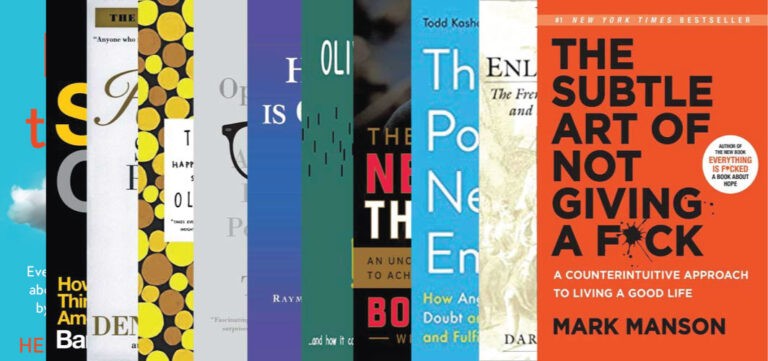
A to-do list is one of the most important tools that I use daily that is responsible for a huge increase in my productivity, well-being, and happiness. However, over the years, I have realized that it isn’t enough to just say what we want to do, as it is equally important to state what we should not be doing, with a not-to-do list.
Naturally, we often assume that by knowing what we need to do, we automatically know what we are not supposed to do, but that is not always the case. For example, let’s imagine that I could claim that a vegan diet is healthy, but I also know for a fact that many vegans are still unhealthy, unfit, and therefore unhappy despite following this so-called healthy diet.
This isn’t because they lack protein (provided that they follow a balanced diet), but rather because they are still doing all sorts of other unhealthy things, such as consuming overly salty, sugary, or fatty foods, overeating in general, not moving enough, etc. Technically speaking, their diet allows them to do these things, but by doing these negative actions they cancel out any benefit they get from trying to be healthy.
Overall, being vegan can be a step in the right direction for many people, but only if we supplement it with a series of “not-to-do” steps.
As such, in our lives, we should ask ourselves, “what am I supposed to do,” creating a to-do list. However, it is equally important to ask ourselves, “what am I NOT supposed to do,” creating a similar but completely different not-to-do list. Then we need to do it for all different parts of life, such as work, health, relationship, etc.
As such, in our lives, we should ask ourselves, “What am I supposed to do?” and create a to-do list. However, it is equally important to ask ourselves, “What am I not supposed to do?” and create a separate, but equally important, not-to-do list. Furthermore, we can determine what should be included on our not-to-do list by examining each item on our to-do list and identifying its opposite, a not-to-do point. Similarly, we can reverse this process and find to-do points by reviewing our not-to-do list. Then, we can look into all different aspects of life, such as work, health, relationships, etc., trying to determine what are the things we respectively should and shouldn’t do.
For example, I can say “I need to do my work,” but I should also “stop watching TV series” and “avoid all social media.” I can say “I need to work out more,” but I should also “stop eating unhealthy snacks.”
Finally, if we do this work correctly, we will have a well-rounded action plan that will move our lives in the right direction.














